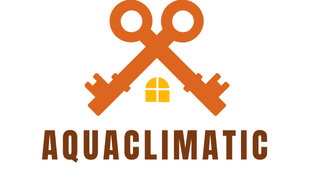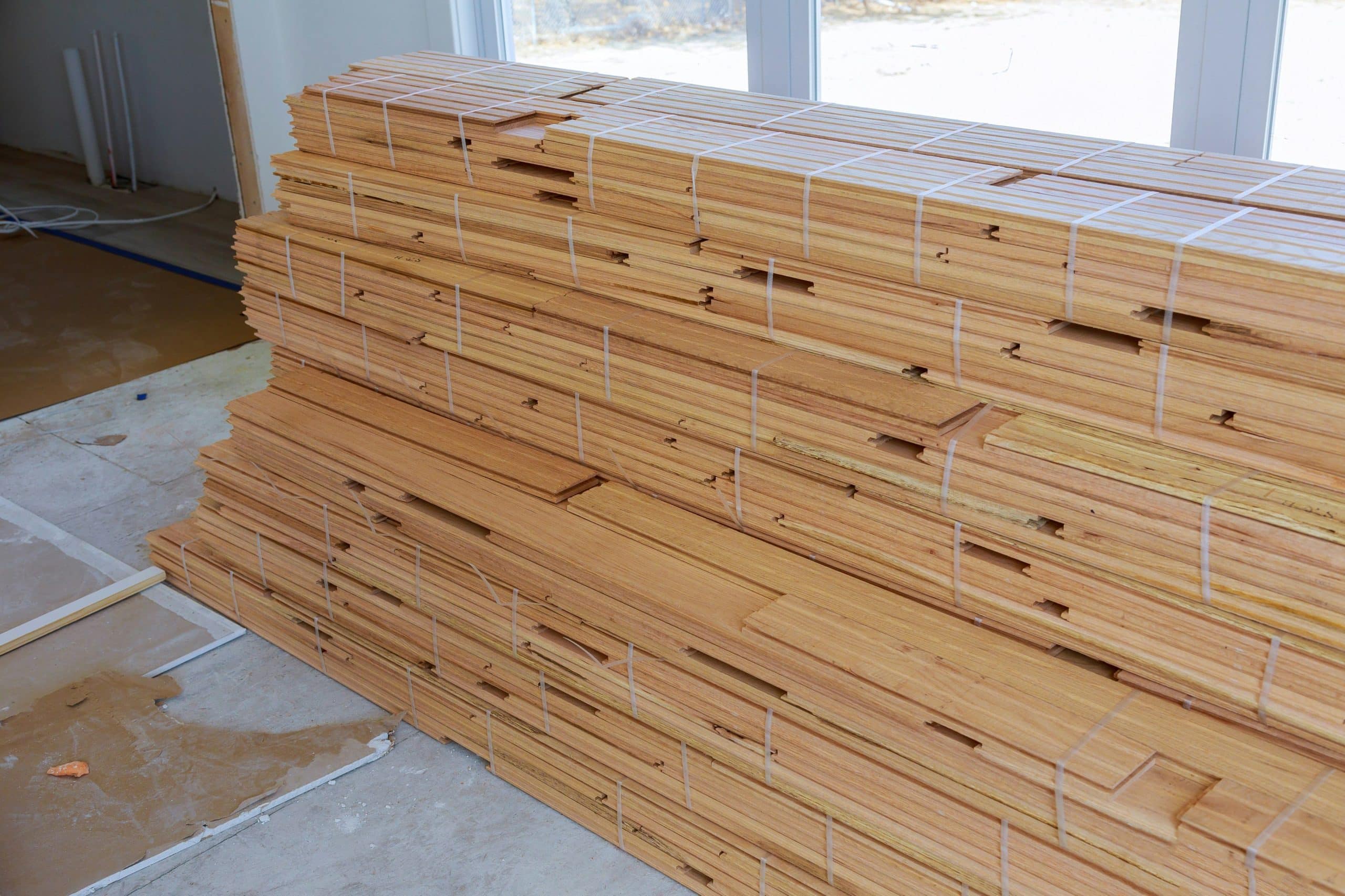The prospect of converting a loft can be both exciting and overwhelming. You’ve likely imagined the additional space and the potential of a bespoke design to perfectly suit your needs. But when it comes to loft conversions, there’s more to think about than just the aesthetics. It’s important to know that your project adheres to the various legal requirements and regulations in place. Should you be based in Birmingham, understanding these laws becomes even more essential. This article will explore the legal requirements you need to be aware of when planning a loft conversion in Birmingham.
Understanding the need for Building Regulations Approval
One of the key legal aspects to consider when undertaking a loft conversion is compliance with building regulations. These regulations are in place to ensure the safety and sustainability of any building work. They cover various aspects including structural integrity, fire safety, insulation, and ventilation.
Sujet a lire : How can you maximize natural light in a north-facing UK home office?
In Birmingham, you will need to apply for building regulations approval before starting your project. It doesn’t matter whether your loft conversion falls under permitted development rights (more on this later) or not, building regulations approval is always required. As you plan your project, remember to factor in the necessary time needed to submit your application and await approval.
Once work commences, inspections will usually be carried out at various stages to ensure compliance. When the work is complete, a final inspection is done and a completion certificate issued, provided that all regulations have been adhered to.
A lire aussi : How can you create a safe play area for children in a UK backyard?
Planning Permission: When is it Necessary?
Planning permission is a legal requirement for some loft conversions, but not all. In many cases, loft conversions fall under what’s known as ‘permitted development rights’. This means that they can be carried out without needing to apply for planning permission, as long as they meet certain conditions.
However, the situation can be different in Birmingham, where the local planning authority may have removed some of these rights. It’s essential to check with the Birmingham City Council before starting any work on your loft conversion. Some instances when you might need to apply for planning permission include when your loft conversion exceeds the current volume of your roof space, if you’re planning a balcony or if you live in a conservation area.
Loft Conversion Design and Plans
Creating a design blueprint and detailed plans for your loft conversion is not just a good idea, but a legal requirement. These plans need to be submitted to the local council as part of your building regulations application.
The design should illustrate how the conversion will integrate with the existing structure of your house. It should also demonstrate how building regulations will be met. For instance, the plans should show how adequate ventilation and insulation will be provided, how fire safety standards will be met, and how the structural integrity of the building will be maintained.
Birmingham City Council will assess these plans to ensure that they meet all the necessary standards. Therefore, it’s advisable to have these drawings done by a professional architect or surveyor who is well-versed with loft conversions.
The Dormer Extension: Specific Regulations
If your loft conversion includes a dormer extension, there are some specific regulations that will need to be adhered to. Dormer extensions can offer the advantage of extra headroom and natural light in your loft conversion. However, they also alter the external appearance of your house, which means they come under additional scrutiny.
In Birmingham, planning permission is likely to be required for a dormer extension. Your dormer design will also need to comply with building regulations, particularly in relation to structural stability, fire safety, and thermal insulation.
The Importance of Hiring a Professional Loft Conversion Company
The legal requirements for a loft conversion can be complex and time-consuming to navigate. As such, it’s advisable to hire a professional loft conversion company to manage your project. Such a company will be knowledgeable about the building regulations and planning laws in Birmingham. They can provide you with valuable advice, ensure that your design plans are compliant, and manage the application process on your behalf.
Remember, though, that while a professional company can guide you through the legal requirements, the ultimate responsibility for adherence lies with you as the homeowner. It’s therefore important to choose a reputable company that you trust to carry out the work to the required standard.
In conclusion, a loft conversion is an exciting project that can add significant value and space to your home. By understanding and adhering to the legal requirements, you can ensure that your conversion is both compliant and successful.
The Party Wall Act: An Important Consideration
The Party Wall Act is another essential legal requirement to consider during a loft conversion in Birmingham. The Act protects you and your neighbours during any home improvements. It ensures any work done doesn’t compromise the structural integrity of shared walls, referred to as party walls.
If your conversion will affect a party wall or if new load-bearing walls will be created, you must notify your neighbours in writing. This notice should include details about the proposed work, along with start dates. Your neighbours have the right to agree or disagree with the work. If your neighbours do not agree with the work, this will trigger the Party Wall Act process where both parties may need to appoint a party wall surveyor to resolve the dispute.
It is important to remember that under the Party Wall Act, you are responsible for repairing any damage that your work might cause to your neighbours’ property. Given the importance of this regulation, it is advisable to engage with neighbours as early as possible in your conversion plans. A professional loft conversion company can provide valuable guidance on how to navigate these discussions.
The Role of Building Control
Building Control is a critical part of the loft conversion process in Birmingham. They have a legal duty to ensure that all building work complies with building regulations. There are two types of building control bodies in Birmingham: local authority, which is run by Birmingham City Council, and approved inspectors, who are licensed by the Construction Industry Council.
When you submit your building regulations application, it will be reviewed by a building control body. They will check the drawings and calculations provided by your architect or surveyor, ensuring these meet the requirements of the building regulations.
During the conversion, the building control body will make site visits at various stages of the project to inspect the work. They are looking for structural safety, fire safety, insulation, and ventilation among other things. Following the final inspection, if all the work meets the regulations, a completion certificate will be issued. This is important, as it proves that the loft conversion is legal and could be required if you decide to sell the property in the future.
Conclusion
In summary, converting your loft is a transformative project that can enhance your living space and potentially increase the value of your home. However, it’s crucial to understand and comply with the legal requirements surrounding loft conversions in Birmingham. From building regulations to planning permission, Party Wall Act to the role of Building Control, all these elements ensure your project is safe, sustainable, and compliant with local authority requirements.
Keep in mind that hiring a professional loft conversion company can help you navigate these legalities more efficiently. They can provide expert advice, ensure compliance with regulations, and manage the application process. However, as the homeowner, the ultimate responsibility for legal compliance lies with you. By fully understanding these requirements, you can have peace of mind knowing your loft conversion is both lawful and likely to add value to your home in the West Midlands.











